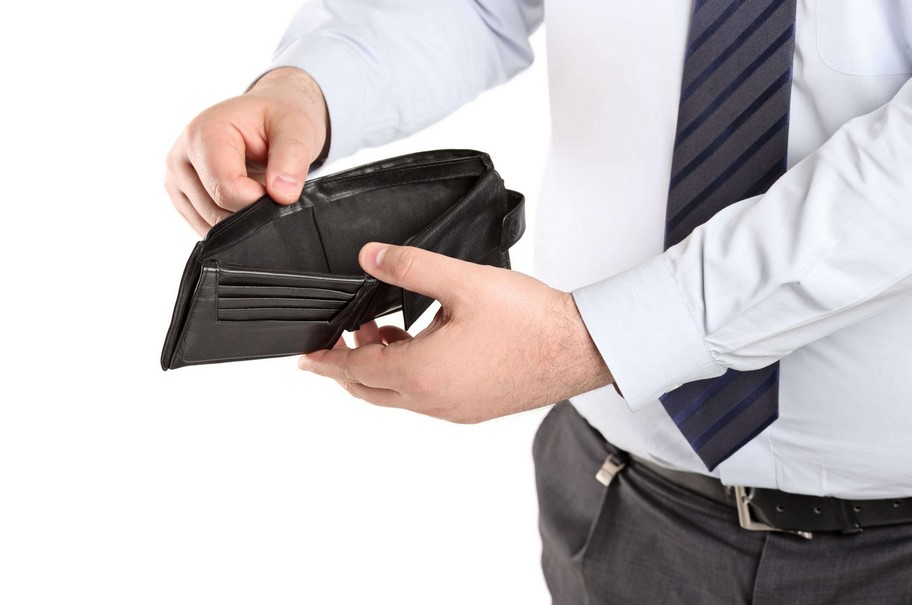

The Federal Bankruptcy Code contains several different provisions for when individuals, organizations, businesses and even governments face insolvency. Those provisions that cover personal bankruptcy are covered in Chapter 7 and Chapter 13. Most individuals qualify for one or the other, depending on their income, the type of debt they hold, and whether or not creditors will be able to recover anything.
Bankruptcy will not solve all of a client’s problems, and it should be considered a last resort since bankruptcy remains on a consumer’s credit report for up to 10 years. Bankruptcy Everett WA can offer relief from creditor action and harassment, however, and offer a consumer a fresh start.
Chapter 7
Most individuals file for bankruptcy under Chapter 7. For those who qualify, this can be the best way to wipe out most debt. Under Chapter 7, a person can also protect much of their property by claiming exemptions.
Types of debt dischargeable under Chapter 7 include:
- medical
- credit card
- personal loan
Some debts do survive bankruptcy, however:
- student loans
- fines and restitution
- back taxes
Chapter 13
If your income is above a certain threshold and you hold real property you wish to keep, Chapter 13 may be your best option. Chapter 13 does not eliminate debt; however, it can stop most collection actions and stave off foreclosure or repossessions. This is actually an individual debt restructuring and extended repayment plan that is supervised by the court.
While Chapter 13 will not eliminate debts, it can reduce them significantly and make them more manageable. Because most creditors would rather get something than nothing, the bankruptcy proceeding can result in a reduction of principal and lower payments.
Which One is Better for Me?
An experienced bankruptcy attorney can help determine whether a client qualifies for Chapter 7 or Chapter 13.









